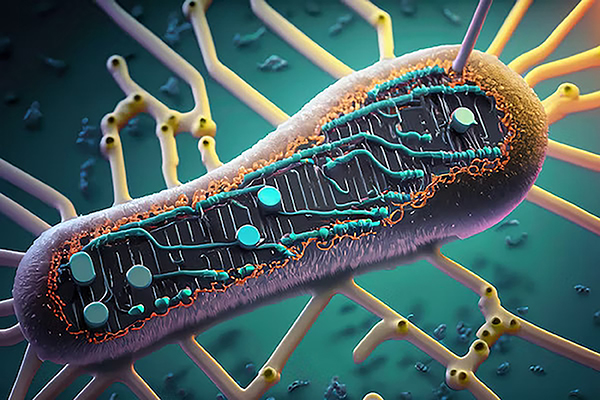It's easy to start your application.
Faculty & Research
Research Centers
AI for Health Institute (AIHealth)
 |
The Cardiac Bioelectricity and Arrhythmia Center (CBAC)
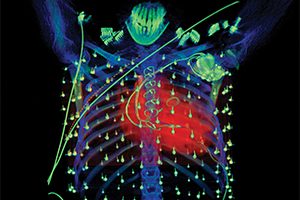 |
Center for Aerosol Science and Engineering (CASE)
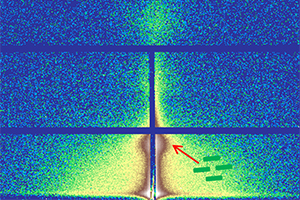 |
Center for Biomolecular Condensates (CBC)
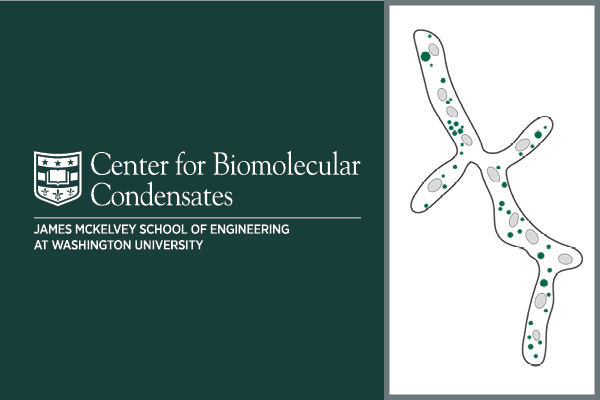 |
Center for Collaborative Human-AI Learning and Operation (HALO)
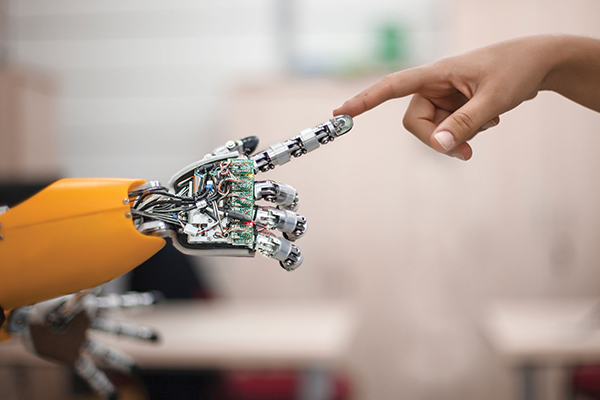 |
Center for Engineering MechanoBiology (CEMB)
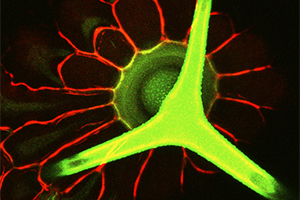 |
Center for Trustworthy AI in CPS
 |
Center for Water Innovation (CWI)
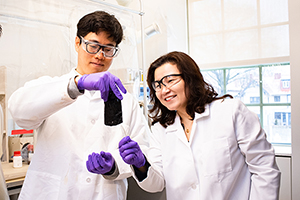 |
Center for Women's Health Engineering
 |
Chemical and Environmental Analysis Facility (CEAF)
 |
Consortium for Clean Coal Utilization (CCCU)
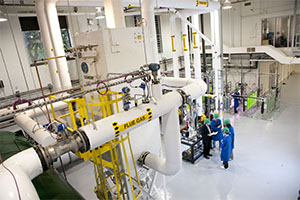 |
The Institute of Materials Science & Engineering (IMSE)
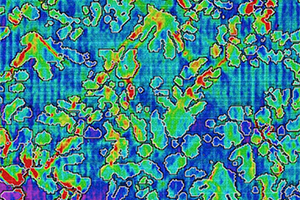 |
McDonnell Academy Global Energy and Environment Partnership
 |
MAGEEP supports the development of innovative ideas in energy, environmental and sustainability research, education and operations. |

